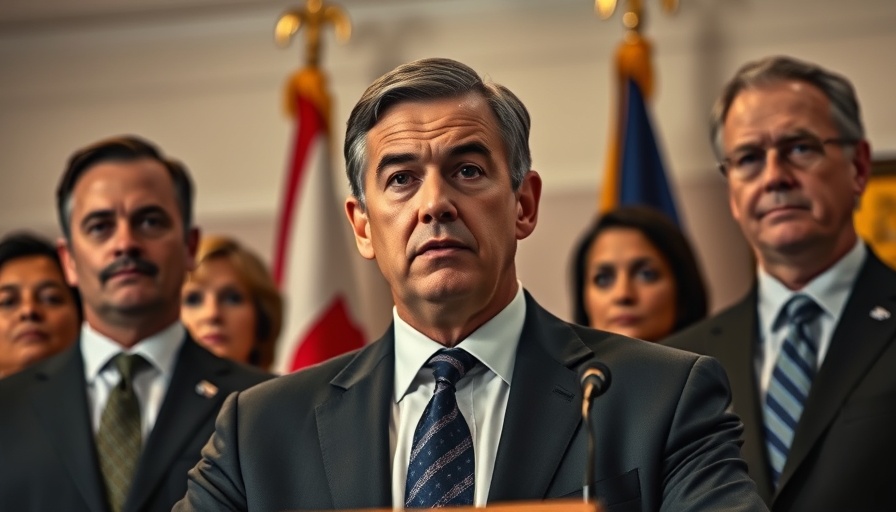
Political Landscape Shaken by Controversial Disqualification
The political scene in Cameroon has taken a tumultuous turn as the electoral commission has barred Maurice Kamto, widely regarded as the main rival to President Paul Biya, from participating in the upcoming presidential elections. This decision ignites concerns about the integrity of the electoral process and raises apprehensions over potential unrest.
In 'Cameroon's electoral body bars president's main rival from standing,' the discussion delves into the implications of Kamto's exclusion from the election, prompting us to analyze the potential impact on democratic processes in the country.
Legal Technicalities or Political Maneuvering?
The electoral body, known as ELCAM, asserted that Kamto's association with the Cameroon Renaissance Movement (CRM), which abstained from the 2020 legislative elections, disqualified him from candidacy under existing electoral law. Critics argue that this decision reflects a broader strategy to curb dissent and maintain Biya's grip on power, particularly as he seeks an unprecedented eighth term in office.
The Implications for Voter Sentiment in Cameroon
With Kamto being a distinguished professor and former minister, his exclusion not only weakens political diversity in the race but also alienates a significant portion of the electorate. The potential for protests looms large, as citizens may see this move as a blatant suppression of opposition. As of now, only twelve candidates remain to challenge Biya, which many see as a far cry from true democratic representation.
A Call for Political Engagement and Reform
The situation in Cameroon emphasizes the pressing need for active political engagement among citizens and the imperative for reforms that ensure fair electoral processes. Now more than ever, it is crucial for Cameroonians to voice their concerns and advocate for a political environment where all voices, including those of potential challengers like Kamto, can be heard and represented.
 Add Row
Add Row  Add
Add 




Write A Comment